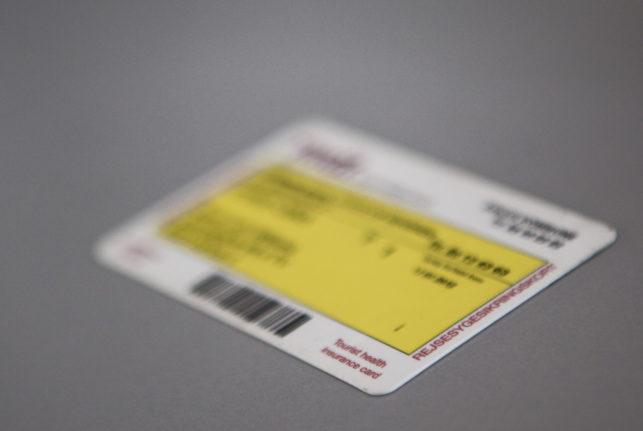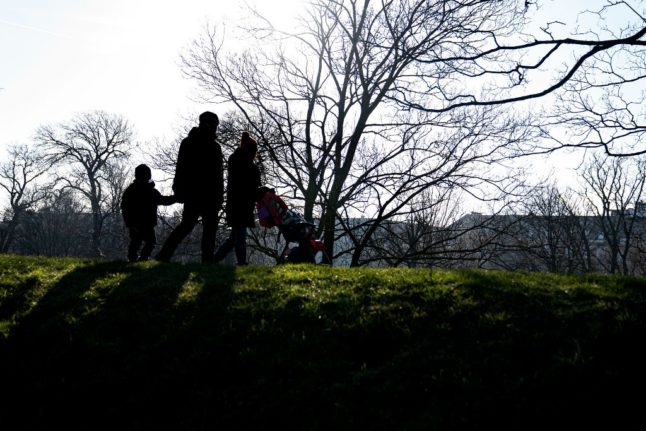All legal residents of Denmark are issued with a personal registration (CPR) number, a version of a personal ID number as well as a social security reference.
Danish nationals are given a number when their birth is registered, while foreigners who move to the country are issued with a CPR by authorities.
You need your CPR number to access the Danish healthcare system, open a Danish bank account, sign up for a Danish credit card, get a mobile phone plan, attend Danish language classes, use MobilePay and in some cases secure a rental.
It also allows you to use a digital ID, which is essential for many everyday practicalities including making online payments and checking your taxes.
READ ALSO:
- Seven useful things to know before moving to Denmark
- Deposits, landlords and CPR registration: The worst things about renting a home in Denmark
To be issued with a CPR number you first need an EU residence document (for citizens of EU/EEA countries and Switzerland), or a work and residence permit for non-EU nationals. Nordic citizens do not need either.
You also need a permanent address. This is not straightforward, particularly in high demand cities like Copenhagen or Aarhus. We won’t cover the ins and outs of searching for a rental apartment in this article, but look out for our coverage of the topic elsewhere on our website.
As explained here, the recommended way to then arrange your CPR number is to attend one of Denmark’s International Citizen Service (ICS) centres.
These are located in six towns and cities across the country: Copenhagen, Odense, Aarhus, Aalborg, Esbjerg and Sønderborg.
All the public authorities you will need to deal with to be issued a CPR are represented here, so in theory you should only need a single visit to get everything in line.
According to Danish citizens’ services, you will need to bring documents from the following checklist:
- Work and residence permit (if you are a citizen outside the EU/EEA, the Nordic region or Switzerland)
- EU residence document (if your residence in Denmark is based on the EU free movement rules)
- Passport or personal ID
- Proof of your address in Denmark (such as a rental contract)
- If applicable, documentation for changes of name (such as amarriage or divorce certificate.)
- If applicable, a marriage certificate
- If you are moving to Denmark from another Nordic country: your social security number in the country you are moving from
If you are moving with children, you may also need some additional documentation for them.
Once you have a CPR number, you will receive a yellow health insurance card or sygesikringskort in the post. This is documentation that you are entitled to use the national health system and of registration with a GP.
The card takes around 2-3 weeks to arrive and is used as a form of documentation in some circumstances (even though it does not include a photo).




 Please whitelist us to continue reading.
Please whitelist us to continue reading.
Member comments